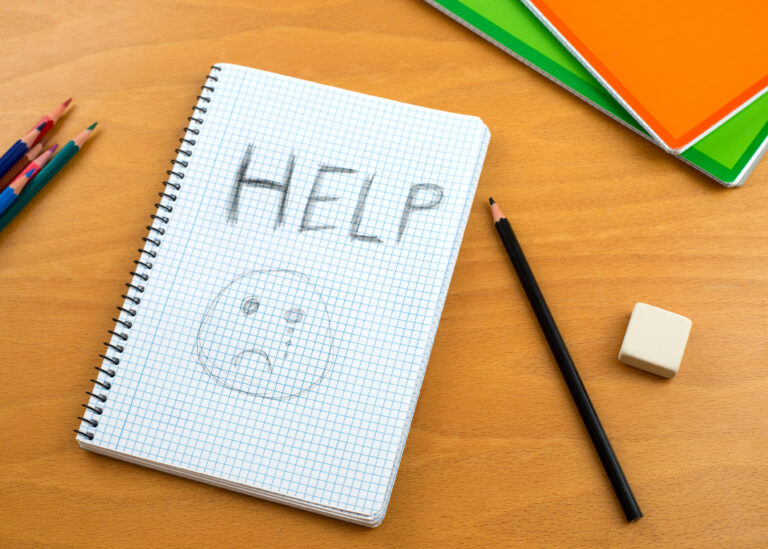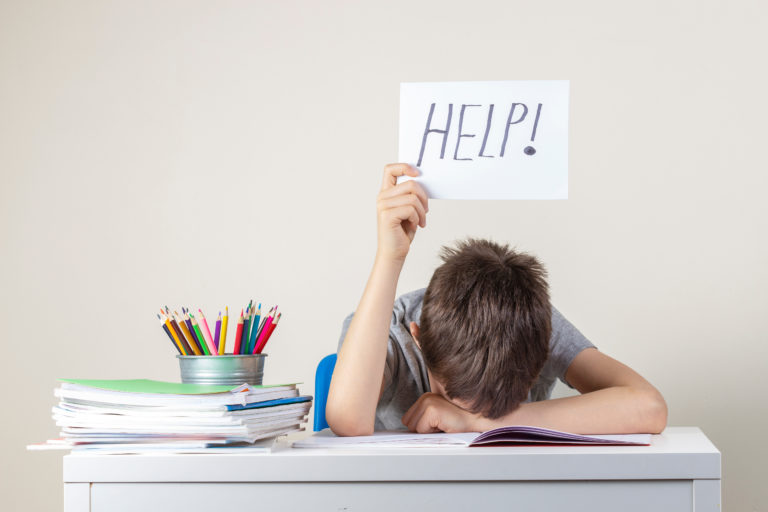Overview
Decodable books are powerful tools that help children build strong reading skills. These special books only use words with spellings your child has already been taught. Providing them with opportunities to practice spellings whilst successfully reading a book with minimal assistance, boosting confidence.
This article explains in more detail why decodable books are so important and how they can help your child become a skilled, confident reader.
What Are Decodable Readers?
Decodable readers are specially crafted stories that introduce new phonics skills in a controlled way, allowing young learners to practice building words that contain spellings they have already learned. The name decodable comes from the fact that these simple books encourage children to sound out words using decoding strategies rather than guessing from pictures.
Of course in the beginning learners don’t know many letter sound combinations but this is the power of a decodable book. They only contain the alphabetic code children have learned to date so even the earliest level of reader can read these books.
Reasons Why Decodable Books Are Crucial For Reading Development
Here are some of the reasons decodable’s are crucial for reading development:
- Systematic Phonics Practice: Decodable books focus on specific letter-sound relationships (phonics) that children have recently learned. This targeted practice helps solidify their understanding and build automaticity in decoding words.
- Decoding Skills Development: By sounding out words in decodable books, children develop essential decoding skills. These skills empower them to tackle unfamiliar words in any text they encounter.
- Confidence and Motivation: Decodable books provide a supportive environment for reading success. The controlled vocabulary allows beginning readers to experience accomplishment, which motivates them to continue learning.
- Foundation for Fluency: As children gain proficiency in decoding with decodable books, they can progress towards fluent reading. Fluency allows them to read smoothly and effortlessly, improving overall comprehension.
Decodable books are a valuable resource for both parents and educators. By incorporating them into reading routines, you can lay a strong foundation for a child’s reading journey
How Long Should Students Work With Decodable Books?
According to Dr Louisa Moats decodable readers should be used right up until students know all the sound/spelling combinations and have as a sight vocabulary of several thousand words
What’s The Difference Between A Decodable Text And A Predictable Text?
| Text Type | Example |
| Decodable Text | Sam sat on the mat. The cat ran to Sam. Sam pet the cat. The cat sat with Sam. |
| Predictable Text | I see the dog. I see the cat. I see the bird. I see the fish. What do you see? |
Decodable Text
- Uses simple words that follow basic phonics rules (e.g., short ‘a’ sound, consonant-vowel-consonant words)
- Each sentence can be read by sounding out the words
- Focuses on specific phonetic patterns (in this case, short ‘a’ and simple consonants)
- Limited sight words are used (e.g., “the”)
Predictable Text
- Uses a repetitive sentence structure (“I see the…”)
- Relies on sight word recognition (“I”, “see”, “the”)
- Encourages guessing based on the pattern and pictures (typically, each animal would be illustrated)
- Ends with a question to engage the reader and follow the established pattern.
These examples illustrate how decodable texts focus on phonics application, while predictable texts rely more on memorisation and context clues.
The decodable text allows children to practice their decoding skills, while the predictable text encourages pattern recognition and sight word memorisation.
What To Consider When Buying Decodable Books
When selecting a decodable reader make sure the sound/letter correspondences it is based on have already been explicitly taught to your child.
Quality decodable books will list words with the same sound but different spellings under each spelling headings, at the beginning of the book. Practice these words before you start reading, to make sure your child can in fact decode them.
Early levelled books will only contain 1-2 sentences per page.
Most libraries will carry a number of decodable book series so do check them out.
Resources
Free:
- SPELD SA Phonic Book Sets
- Reading Universe (opens in a new window)
- Always try your local library
Available to Purchase:
- Sounds-Write Decodable’s
- Little Learners Love Literacy have excellent decodable books
- Dandelion Code Readers
- Sunshine Phonics
- Phonics Books
I use a number of series in my practice that students have enjoyed : Alba, Totem, Talisman & Amber Guardians.





